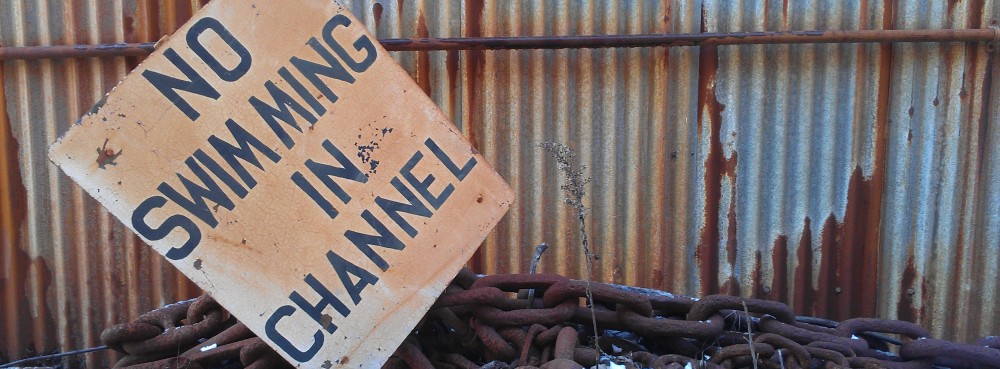In the midst of the second draft of my teaching autobiography, Fuck Pedagogy, I am having to kill scenes that don’t support the theme of engaging students or knowing subject content. And so I axed this sordid tale from my student teaching days:
I became so relaxed in my teaching practicum that I went out late one school night to see a band, Snowpony at The Starfish Room in Vancouver. Not only did I stay to the end but was brazen enough to wander backstage after the show, sit down with the band and explain how they had to try to the oysters in Portland, the next stop on their tour, drunken advice I am sure they could have done without.

I woke early the next morning and looked out the window to see that my van was not there. Given that I was responsible for driving three other student teachers out to Maple Ridge for our practicums, this was a problem. I called everyone to say that my van had been stolen and that we would have to rent a car. I lay back down and only a moment later remembered that it hadn’t been stolen. I had left it at my friend’s house. In other words, I had done the right thing and forgotten that I had.
I picked everyone up and raced out to Maple Ridge, getting there just in time for my 8:30 class and announced the Free Write prompt (“I remember…”) before going down the hall for a long drink of water from the fountain. As bad as I felt, I had the revelation, as I returned to the class, that I could teach hungover.

